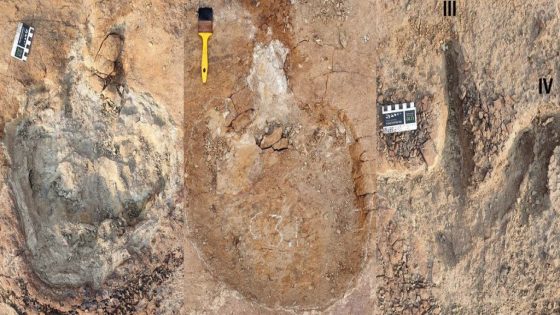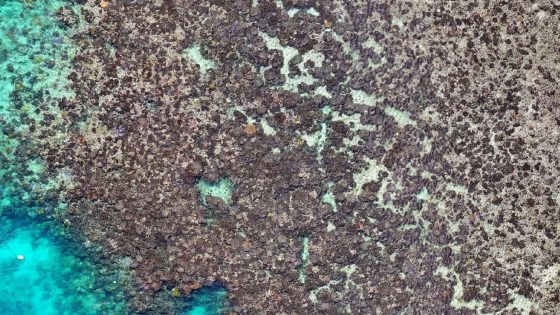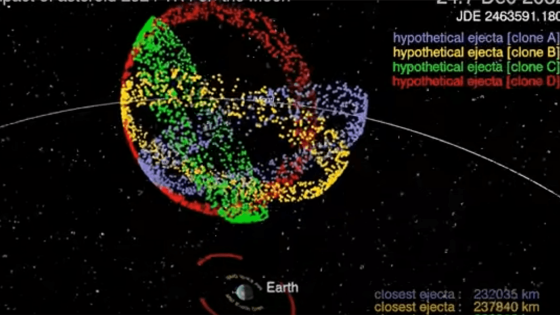A meteorite fragment that crashed through a Georgia home last June has been confirmed to be older than Earth itself. Scientists at the University of Georgia revealed that this ancient rock, which fell on June 26 near Atlanta, originated from the asteroid belt between Mars and Jupiter.
- Meteorite fragment older than Earth discovered
- Originated from asteroid belt between Mars and Jupiter
- Impact created a hole in the roof
- Studying meteorites aids planetary defense
- NASA's DART mission demonstrates asteroid deflection
- No threat posed to homeowners this time
Geologist Scott Harris explained that the meteorite formed 4.56 billion years ago, slightly predating Earth’s estimated age of 4.54 billion years. Eyewitnesses reported a bright fireball streaking across the sky, leading to a dramatic impact that created a hole through the roof and left a crater in the floor.
This incident raises an important question: how can we better predict and prevent future meteorite impacts? Understanding the trajectory of meteorites is essential for planetary defense strategies. Key points include:
- The meteorite hit with enough force to break the sound barrier.
- Studying such falls aids in predicting potential threats to Earth.
- Nasa’s DART mission exemplifies how we can alter an asteroid’s path.
- Early intervention could prevent catastrophic impacts.
As we advance our understanding of space and planetary defense, it’s vital to continue monitoring meteorite activity. Will we be able to prevent future impacts before they happen?

































